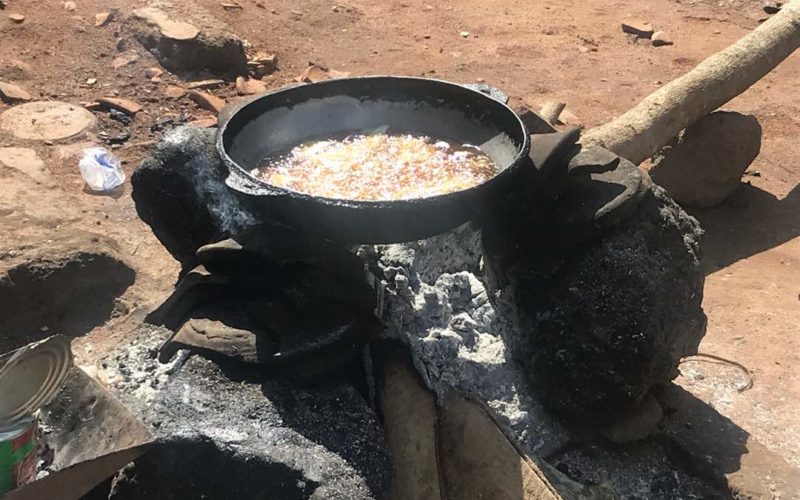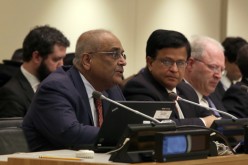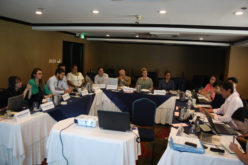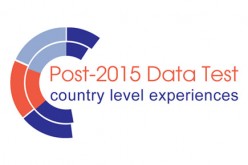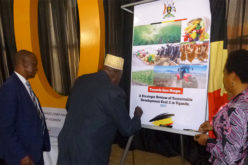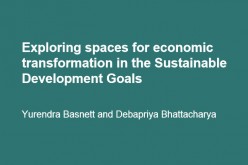Six research projects were chosen for the first “Southern Voice on the State of the Sustainable Development Goals” (SVSS) report.
Today we present the proposed research by the Institute of Statistical, Social and Economic Research (ISSER), Ghana, titled: “Ensuring Access to Affordable, Sustainable and Modern Energy for all in Ghana”.
Southern Voice: What is your SVSS research topic on and why did you choose it?
ISSER: The energy sector drives the social and economic development of Ghana. Interruptions in energy supply defy the principle of energy accessibility. In our country, there is a gap in access to different types of energy between the rich and the poor, and depending on gender, age and location. As of 2013, about 7 million Ghanaians had no access to electricity for lighting. The majority of these people live in deprived rural areas, according to the Energy Commission of Ghana 2014. Current data on the energy situation in Ghana and on the available renewable technologies indicate that renewable technologies could help eradicate energy poverty in Ghana. This would help Ghana achieve SDG 7 (affordable and clean energy).
SV: What do you expect the contribution of the research to be on the SDGs you chose?
ISSER: The study aims to assess the implementation of SDG 7 in terms of its three main sub targets:
- ensuring energy access (7.1)
- increasing the share of renewables (7.2)
- and speeding up the rate of energy efficiency improvement (7.3)
and determine its links with all 16 other SDGs. Ensuring universal access to affordable electricity by 2030 means investing in clean energy sources such as solar, wind, thermal and biomass. This involves synergies and trade-offs with the other SDGs.
SV: How do you expect the results of your research to influence the discussion in your country on the SDGs of your project?
ISSER: We are looking at the current energy poverty scenario in our country and how the issues perpetuating it can be addressed by renewable energy technologies. Many households in rural areas of the country use charcoal and firewood to light fires for cooking and lamps at night. Some use old refrigerators, which consume more electricity and produce unhealthy emissions.
Though there are policies around the energy mix, we want to initiate debates to remove the obstacles to the development of renewable energy efficiency. This will improve accessibility and affordability of clean energy aimed at achieving SDG 7.
About the SVSS project
The Southern Voice “State of the SDGs” initiative will provide evidence-based analysis and recommendations to improve the delivery of the Sustainable Development Goals (SDGs). As a collaborative initiative, the program will compile a broad range of perspectives that are usually missing from international debates. The aim of this report is to fill an existing knowledge gap. Southern Voice is confident that it will enrich the discussions on the SDGs and level the playfield with new voices from the Global South.
About ISSER
 The Institute of Statistical, Social and Economic Research (ISSER) is a semi-autonomous research Institute at the College of Humanities of the University of Ghana. It has evolved into one of West Africa’s most respected institutes of research and is well known for applying academic skills to real-world challenges.
The Institute of Statistical, Social and Economic Research (ISSER) is a semi-autonomous research Institute at the College of Humanities of the University of Ghana. It has evolved into one of West Africa’s most respected institutes of research and is well known for applying academic skills to real-world challenges.
1,246 total views, 2 views today


